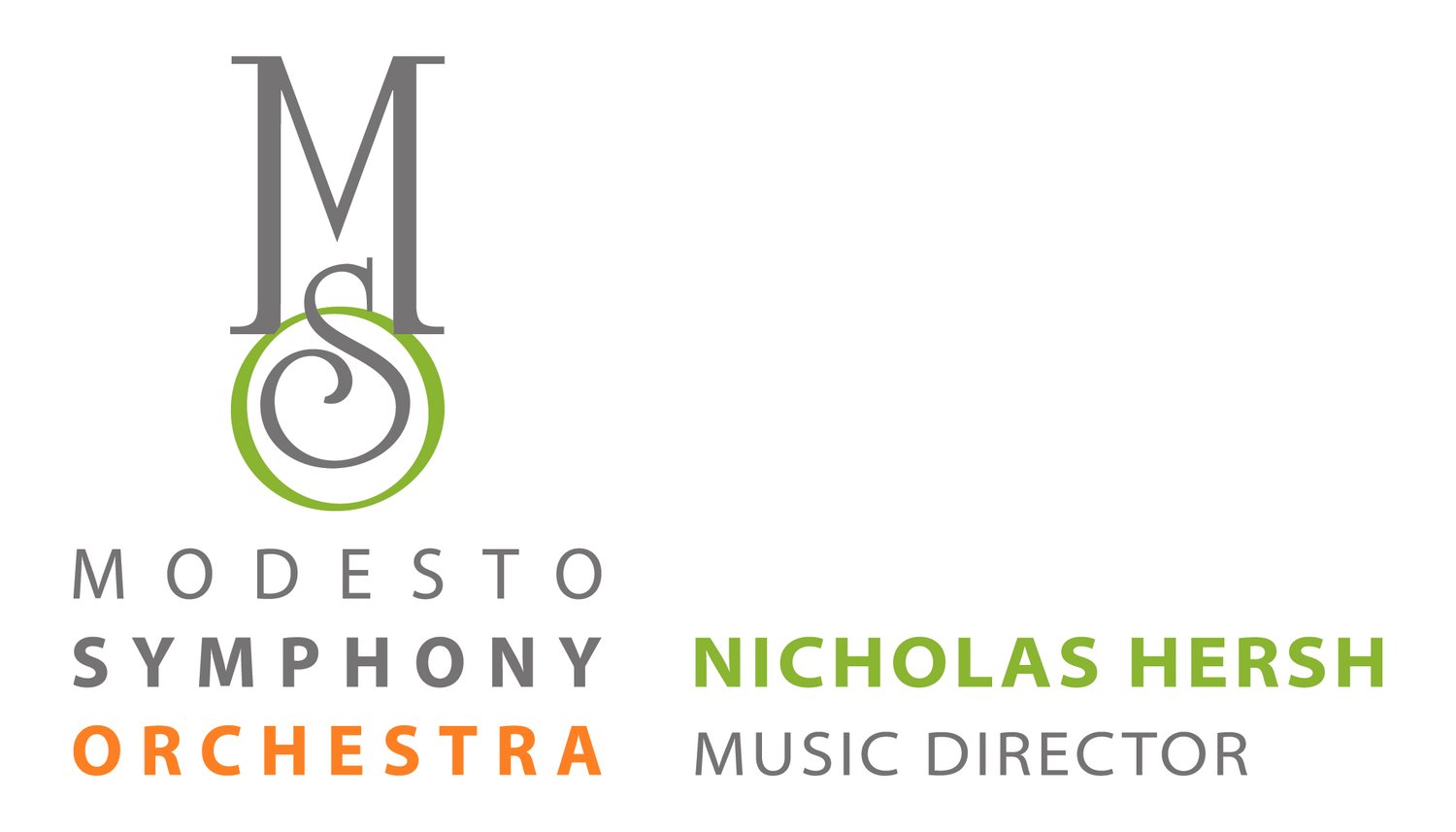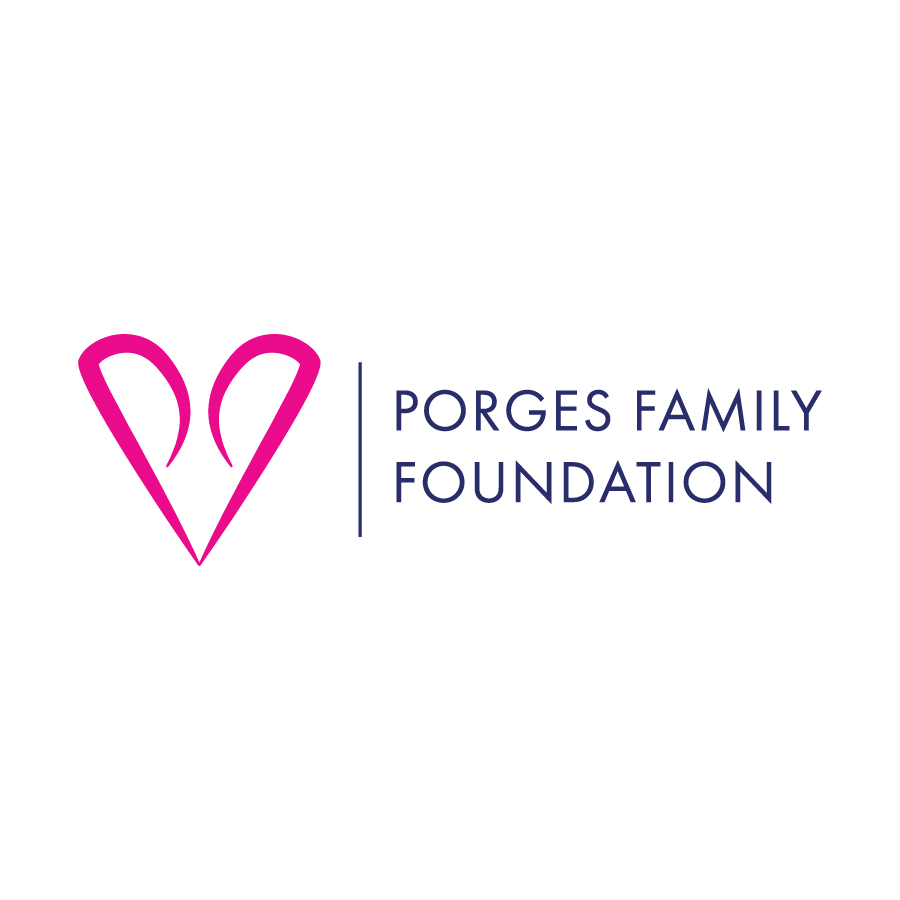Harmony and Pride: Celebrating LGBT+ Composers
Music has always been a powerful medium for expression and connection, and LGBT+ composers have made remarkable contributions to its vibrant landscape. Their stories resonate through their music, celebrating both individuality and the shared human experience. This Pride Month, we’re celebrating the lives and legacies of LGBT+ composers: their extraordinary talents and their impact on the world of classical music.
Pyotr Ilyich Tchaikovsky
1. Pyotr Ilyich Tchaikovsky (1840-1893)
One of the most well-known composers in classical music, Tchaikovsky left a legacy with works such as Swan Lake, the 1812 Overture, and his Piano Concerto No. 1, which the Modesto Symphony featured during their season opening concert in October 2023. Due to his international acclaim, the Soviet Union made great efforts to censor any mention or reference of Tchaikovsky being anything but heterosexual. However, many biographers do agree that he was gay, citing his long-term connections with men in his social circles, and the fact that he was a bachelor for most of his life, except for a short-lived, failed marriage to Antonina Miliukova.
Francis Poulenc
2. Francis Poulenc (1899-1963)
Francis Poulenc was a French composer and pianist, with a wide catalog of compositions, including piano works, operas, ballets, choral pieces, and orchestral concert music. He was one of the first openly gay composers, having a serious relationship with painter Richard Chanlaire. He was known as a very light-hearted individual within musician circles, which likely contributed to his more sincere & religious works being overshadowed. He was highly celebrated and in 1945, was commissioned by the London Philharmonic by the French government to perform his defiant compositions and works against Nazi rule.
Dame Ethel Smyth
3. Dame Ethel Smyth (1858-1944)
Ethel Smyth was an English composer, and a prominent member of the women’s suffrage movement. As a child prodigy, Ethel studied composition with other well-known Romantic Era composers, including Tchaikovsky, Grieg, and Dvořák. Her compositions were frequently criticized, being labeled as “too masculine” for a female composer. In 1910, she became involved with women’s suffrage and developed a close relationship with leadership. She was inspired to compose her most well-known work, “The March of the Women”, which then became the anthem for the Women’s Social and Political Union and suffragettes. Most of her lovers were women, and on her sexuality, she said that it was “so much easier to love her own sex.”
Samuel Barber and Gian Carlo Menotti
4. Samuel Barber (1910-1981)
Samuel Barber was a highly celebrated American composer, who made little effort to keep his sexuality a close secret. His life partner was opera composer Gian Carlo Menotti, who he met in 1928 while attending the Curtis Institute in Philadelphia. The two stayed together for 40 years, supporting each other’s careers—Barber received two Pulitzer Prizes, and Menotti completed 15 operas—while the two were together.
The Modesto Symphony Orchestra, featuring violinist Simone Porter, performed Barber’s romantic Violin Concerto in February 2023.
5. Jean-Baptiste Lully (1632-1687)
Jean-Baptiste Lully
Considered a top figure of the French Baroque style, little is known about Jean-Baptiste’s education and early life, although, accounts say that he was employed by a duke of Guise in 1647 to entertain his niece. It was during his time that he honed his skills in instruments and dance. By 1653, Jean-Baptiste caught the attention of King Louis XIV, who made him the royal composer for instrumental music, and would eventually rise to become the superintendent of the royal music and music master of the royal family in 1661. However, his talent and charisma would not prevent Louis XIV’s anger for Jean-Baptiste’s reputation of love affairs with many men and women in the court.
Leonard Bernstein
6. Leonard Bernstein (1918-1990)
Leonard Bernstein was one of the most important conductors and composers in American classical music history, and possibly classical music as a whole. His repertoire is widely celebrated, including the Broadway hit West Side Story—which the MSO performed an arrangement of during their That’s Entertainment! concert in March 2020, his Sonata for Clarinet and Piano, and Slava! A Political Overture, among countless others. He is also widely known for his humanitarian efforts in the civil rights movement, anti-Vietnam war efforts, and his advocacy for AIDS research. One of his most famous humanitarian performances was when he conducted Beethoven’s Symphony No. 9 to celebrate the fall of the Berlin Wall. He was married to actress Felicia Cohn, which was a reality for many gay men, to maintain a good public standing. Felicia was understanding of his sexuality, writing to him, “…If your peace of mind, your health, your whole nervous system depend on a certain sexual pattern what can you do?”
To learn more about Pride and how composers intersect, we encourage you to read more at the sources below!
Sources:https://www.classicfm.com/discover-music/great-classical-composers-who-were-gay/https://www.ethelsmyth.org/about/biography/https://www.spectrumensemble.org/samuel-barber.htmlhttps://www.classicfm.com/composers/bernstein-l/leonard-biography-compositions-family-wife/
























